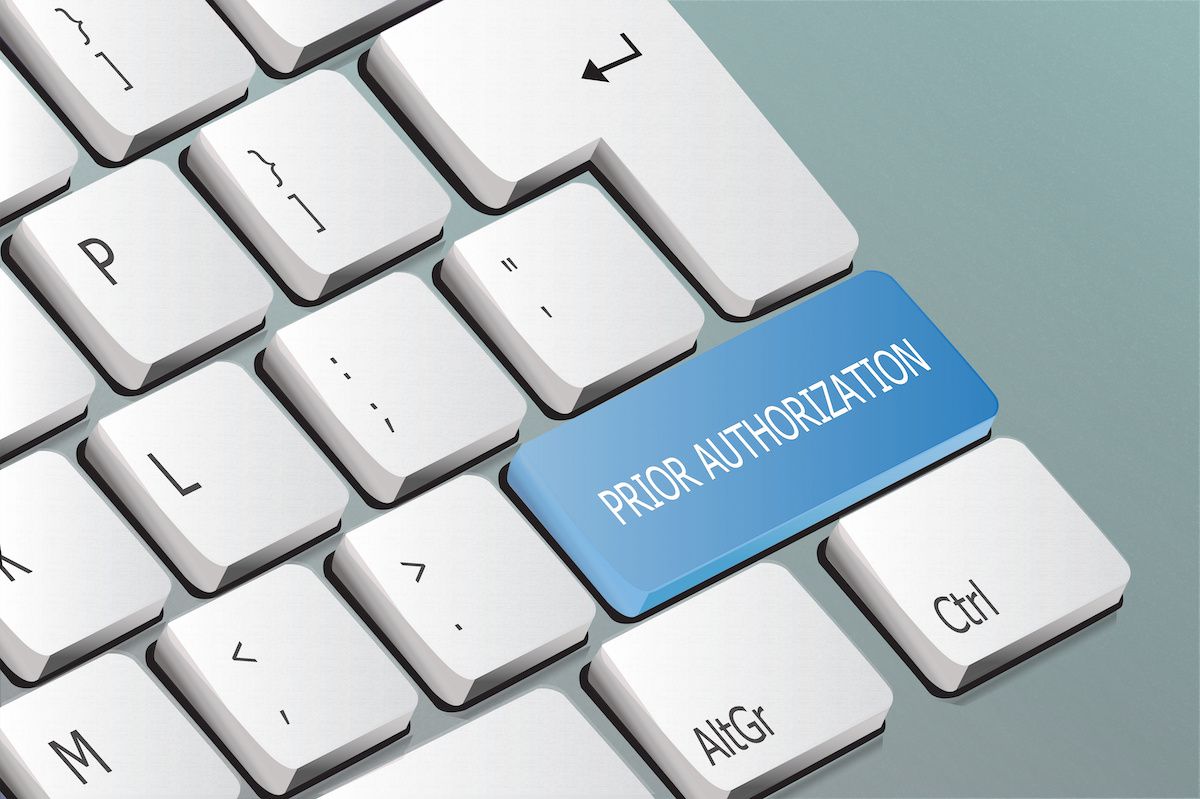Article
Get smart with smartphones!
Some new product offerings are now making it easier for doctors to access clinical information remotely on smartphones as well as personal digital assistants.
Physicians are rapidly adopting smartphones as tools in their clinical work, as noted recently in Medical Economics ("Doctors are getting more tech savvy," Aug. 3, 2007). Some new product offerings are now making it easier for doctors to access clinical information remotely on smartphones as well as personal digital assistants (PDAs).
Most of these are systems that allow physicians to pull up disparate hospital data through a single, Web-based viewer. Among them are products from Opus Healthcare Solutions, PatientKeeper, and MercuryMD (now part of Thomson Healthcare).
Opus, for example, is now marketing its new OpusMobility product to hospitals after a year-long beta test. Designed for Pocket PCs and smartphones, OpusMobility is an extension of Opus' clinical suite, which is used by about 10,000 physicians to access hospital data while rounding and in their offices through web portals.
OpusMobility enables physicians to use their mobile devices to view inpatient prescriptions, lab and radiology orders and results, transcribed reports, and other clinical documentation such as vital signs and nurse notes. While the data can't be stored on your device or downloaded to your own electronic health record, you can print it out for filing or scanning into your office record, notes Fred Beck, president of Opus.
Hospitals will purchase OpusMobility software for physicians, as well as the devices that are capable of running it, because the product can improve physician satisfaction by offering doctors access to data when and where they need it, Beck predicts. It was impossible for hospitals to do this, he adds, until the recent relaxation of the Stark self-referral rules.
On a technical level, he notes, Wi-Fi networks offer greater bandwidth than cell phone networks dowhich means data loads faster and images have greater resolution when you use a PDA. On the other hand, while physicians have access to Wi-Fi in the hospital and the office, there are many places that only cell phone transmissions reach. So for busy physicians who are frequently in transit, a smartphone may be the best device for use with programs such as OpusMobility, he says.
A company that has followed this philosophy to the max is New Mexico-based Life Record, which offers physicians a product of the same name specifically for Apple's new iPhone. Aside from its focus on the iPhone, what makes Life Record different from the other applications is that it's designed for use with ambulatory clinical information systems, including the EHRs of individual practices.
A physician with Life Record loaded on his iPhone can review notes, lab results and images from an EHR. He can also write notes and send prescriptions online to pharmacies.
Life Record is reportedly developing a consumer version of Life Record that will allow patients to create personal health records (Employee Benefit News, Sept. 18, 2007).





